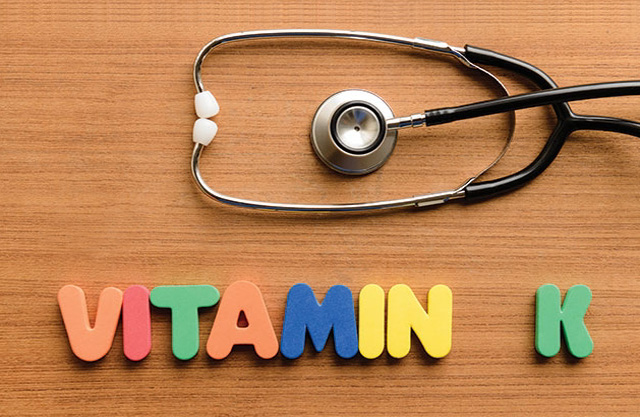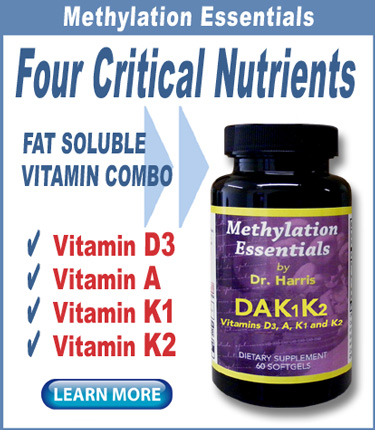New research from the Netherlands has shown that COVID-19 patients who have low Vitamin K status tend to have worse outcomes.
Though this research is a small preliminary study, it is reinforcing other findings that patients with low levels of key nutrients in their bodies are much more likely to end up in ICU—or die—once they contract the virus.
In March, doctors in China and South Korea reported they found Vitamin C useful in treating COVID-19 patients. And in April a former CDC director noted that Vitamin D was beneficial for building the immune system to prevent the contraction of COVID-19.
Now the study from the Netherlands—conducted by researchers from Maastricht University and Canisius-Wilhelmina Hospital in Nijmegen—appears to show that Vitamin K is another key nutrient for optimizing the immune system.
The study was published online at Preprints.org last month.
The researchers conducting the study have been involved in a number of previous Vitamin K studies, including the vitamin’s importance in maintaining bone and heart health.
Higher Vitamin K equals better outcome
“The study represents an amazing finding,” said Leon Schurgers, PhD, who is a professor of the biochemistry of vascular calcification and vice chair of biochemistry at the Cardiovascular Research Institute Maastricht (CARIM), Maastricht University, and co-author of the study.
“While we do not suggest vitamin K2 is a treatment for COVID-19, this study illustrates that a poor Vitamin K status deduced from low dp-ucMGP levels is linked to poor prognosis. Thus, hypothesizing that improving Vitamin K2 status is linked to better health outcomes, including cardiovascular, and perhaps even lung health.”
The Dutch study analyzed blood from 123 patients admitted to the hospital in Nijmegen who were treated with COVID-19 and matched those against blood from 184 controls.
The researchers tracked the patients to one of three outcomes: Discharge from the hospital; admission to the intensive care unit; or death.
Patients who were released form the hospital were classified has having “good” outcomes; the other two groups fell into the “bad” category.
Their measurements showed that Vitamin K blood level was significantly lower in COVID-19 patients overall compared to the control groups; and levels were significantly lower in COVID-19 patients who fell into the “bad” group.
Only preliminary research
The researchers cautioned that more research needs to be done before any mechanistic link between low vitamin K status and better COVID-19 outcomes could be firmly established.
“While it might be tempting to speculate that Vitamin K administration has an improving effect on Vitamin K status in severe COVID-19 patients; however, this has never been studied in this patient group,” wrote the researchers.
“An intervention trial is now needed to assess whether Vitamin K administration actually improves outcome in patients with COVID-19.”
The Vitamin K link to better healing is not really surprising to those experts who have already noted that the patients with severe COVID-19 are most likely to have had other health challenges at the time they contracted the virus.
Most common among these pre-existing conditions are type 2 diabetes, hypertension and cardiovascular diseases—health conditionas that are already associated with reduced Vitamin K status.
In conclusion, for now it is only known that optimal Vitamin K levels are simply another indicator of overall good health. And individuals with good health are better able to combat all health challenges—including COVID-19.
When it comes to supplementing Vitamin K, the whole food supplements from Optimal Health Systems provide valuable options:
Optimal Longevi-D
(with K2, CoQ10 and Vitamin D)
Optimal 2 Vitamin/Mineral
(with K2 and all other essential vitamins and minerals)
Essential DAK1K2
(with both K1 and K2, and other fat-soluble vitamins)
– – –
Article sources: Preprints.org, MaastrichtUniversity, NutraIngredients-USA.com.


